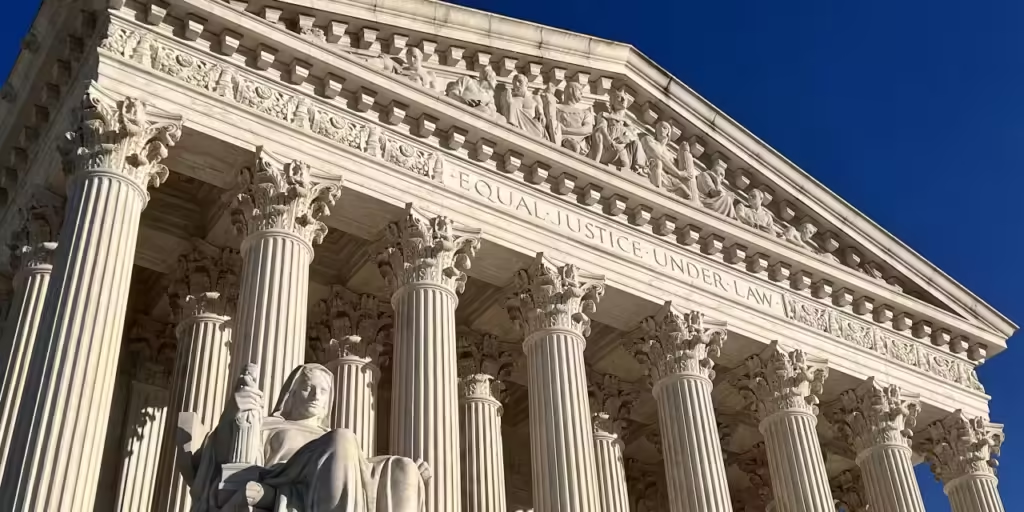The topic of vaping has recently been a hotly debated issue among the public, policymakers, and even the courts. Amidst this debate lies the Supreme Court’s stance on vaping, which has often been cautious, even frowning upon it. However, with Trump’s influence—both during his presidency and through his Supreme Court appointees—this perspective may be on the verge of change.
Vaping at the Crossroads: The Present Landscape
The legal framework for vaping is complex and in flux. Currently, vaping is covered by a patchwork of federal, state, and local regulations. The FDA has tightened the rules on e-cigarette products under the guise of public health issues, especially among the young. State courts and legislatures have been mixed—some embracing strict controls, others going all out for personal freedom.
Also Read:
Heartbroken Kate Middleton Set to Shape Prince George’s Future with Crucial Choice
How the Supreme Court Has Traditionally Handled Vaping
Traditionally, the Supreme Court has taken a backseat approach to vaping, mainly leaving it to the lower courts and regulatory agencies. However, this may change as more vaping-related cases make their way up the judicial ladder.
Important Cases That Influenced Vaping Policies
Cases such as FDA v. American Vapor Association have now set the tenor of how vaping at the federal level is regulated, often pitting public health concerns against industry claims of overreach. These decisions frequently lay the groundwork for future cases.
The Public Health Debate and Court Decisions
The vaping debate has landed squarely upon two worlds: a promise to reduce harm for smokers versus a gateway item for youths. In such a scenario of duality, the Supreme Court has typically played it safe. That could change with new political winds, though.
Trump’s Impact on Legal Philosophy
Former President Donald Trump left an indelible mark on the judiciary. During his tenure, he appointed three conservative justices. Their appointments have already changed the balance of the court and could lead to a more industry-friendly view on vaping.
Policies and Appointments Shaping Opinions
Trump’s policies were often deregulatory, and his judicial picks reflect this philosophy. Justices like Brett Kavanaugh and Amy Coney Barrett, known for textualism, might question the FDA’s ability to regulate vaping so aggressively.
Effect of Trump’s Supreme Court Appointments
With a conservative majority, the Supreme Court may become more lenient on vaping. This could be in rulings that limit overreach of regulations or strengthen individual rights against collective health mandates.
Why the Supreme Court’s View on Vaping Matters
The Supreme Court’s decisions are legal precedents that trickle down to every level of government, shaping the future of industries and consumer rights alike.
Potential Implications for the Industry
The relaxation of vaping regulations may trigger growth in the industry, allowing companies to innovate and expand. This may face opposition from public health advocates.
Public Opinion and Legal Shifts
Even though courts are independent, public opinion sometimes finds its way into their decisions indirectly. If societal attitudes toward vaping soften, the Supreme Court is likely to reflect this shift in their decisions.
What the Future Holds for Vaping Regulations
As the legal landscape continues to evolve, many wonder whether Trump’s influence will ultimately lead to a more permissive environment for vaping.
Could Trump’s Policies Create a New Precedent?
Trump-era policies championing deregulation could lay the groundwork for a landmark Supreme Court ruling that shifts the balance toward industry interests.
Balancing Health and Personal Choice in Court Rulings
The difficulty is how the balance between personal freedom and public health can be found. Future decisions may tend more toward individual rights, always maintaining protection against unnecessary danger.


